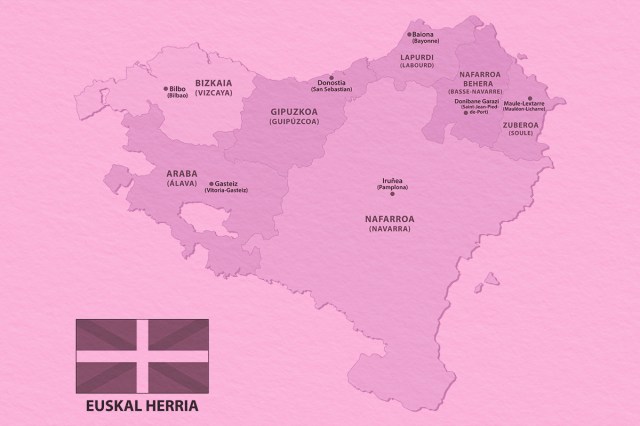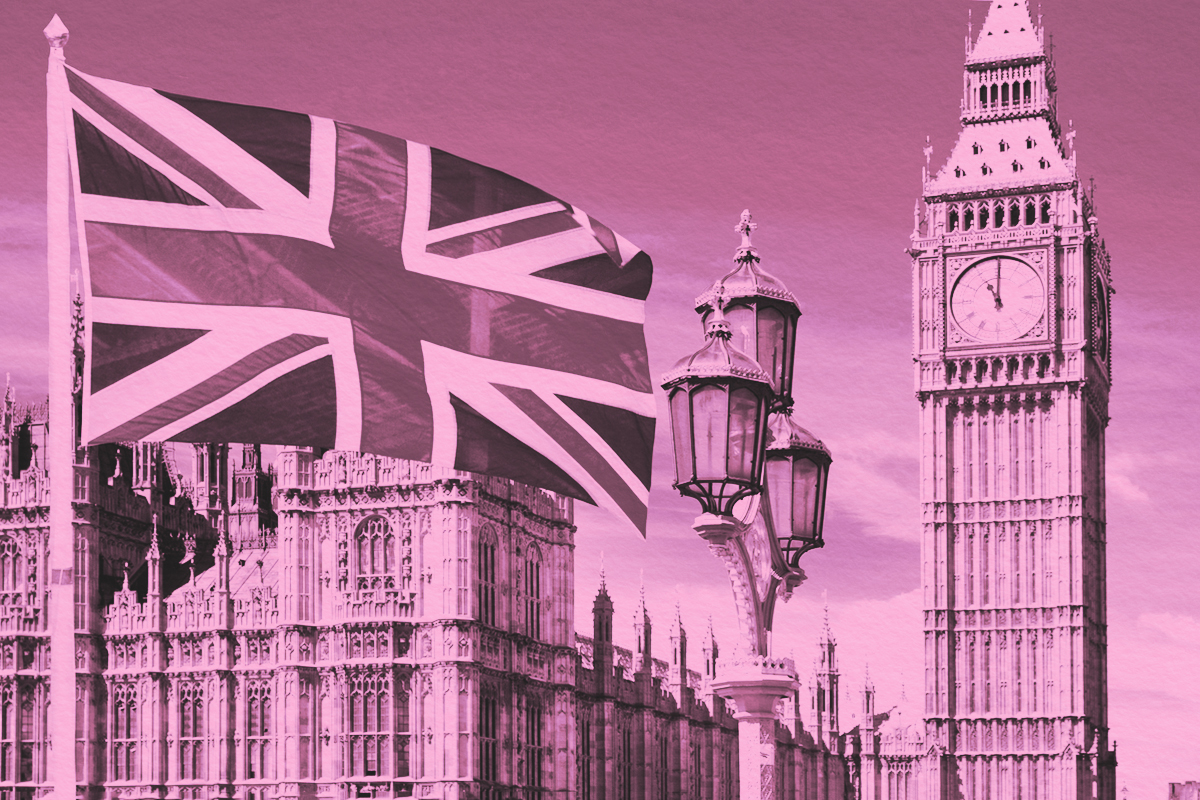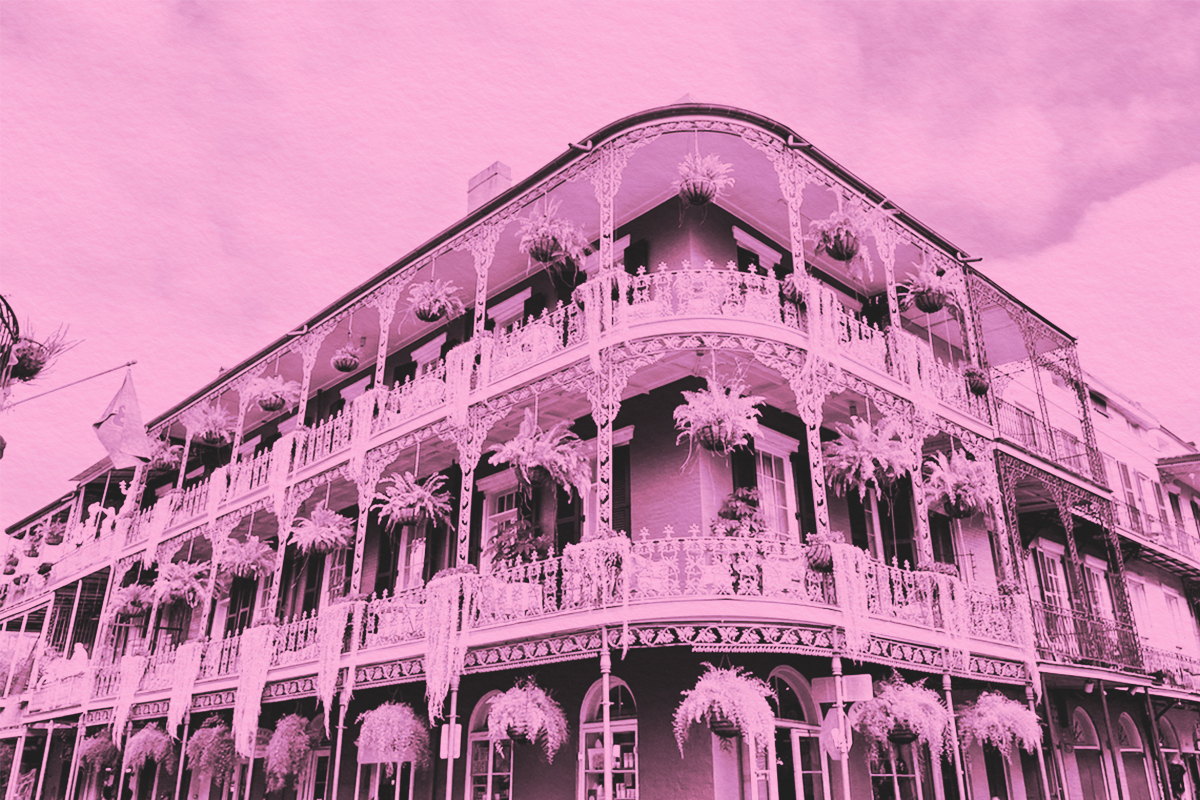
Whenever I’m planning to travel, I like to learn a few phrases in the local languages. I might not be able to have full conversations, but it’s good to be able to ask a few questions and navigate a little. I’m planning a trip to Europe now, and I realized that my high school French and Spanish aren’t going to be enough — I need to learn some Basque. The Basque region spans across southern France and northern Spain; 93.7% of Basque speakers are in Spain, while 6.3% are in France. Friends and family who have visited Basque Country rave about the beaches, food, and amazingly kind people who populate the region. I’m eager to learn some of the special language.
Basque speakers call the language Euskara. It’s a language isolate, meaning that it has no relation to any other known languages. This is in contrast to French and Spanish, which are Romance languages that can be traced back to Latin. Not only are there no known associations, but language historians are still mostly stumped about how to trace the origin of Basque.
According to Encyclopedia Britannica, very early in the recorded history of the Common Era, “dialects of Euskarian (Basque) stock were probably spoken north and south of the Pyrenees and as far east as the Aran Valley in northeastern Spain.” The resilience of Euskarian dialects was important because, at the time, the Romans were conquering Europe and most people in the region were starting to speak Latin. Basque maintained a foothold in the region over the centuries, even as various forms of Romance languages rose up around it. Today there are efforts to keep Basque alive in private education systems and through a written standard called Euskara Batua (“Unified Basque”).
To hear someone speak Basque is not too different from hearing someone speak Spanish. Many of the consonants and vowels are pronounced the same, and the “ll” is pronounced with a “yuh” sound. The Basque “r” is made with a single tap of the tongue, which contrasts with the rolled or trilled “r” in Spanish. The letters “k,” “z,” and “x” are used much more frequently in Basque than in English, which makes the appearance and the sound notably different to English speakers.
In today’s geography, Northern Basque Country is in southern France in the three provinces of Labourd, Lower Navarre, and Soule. Spanish Basque Country in northern Spain is made up of the provinces Araba, Biscay, and Gipuzkoa. The Basque language is still spoken in these provinces and their major cities. If you travel to one of the beachy cities of Basque Country from Madrid, the language might require an adjustment. But its history is as long as Spain’s, and the joys of the culture are undeniable.
Before your wanderlust takes over completely, spend some time learning more about the Basque language and memorize a few key phrases. It will go far with the locals who are very proud of their long history and culture.

















